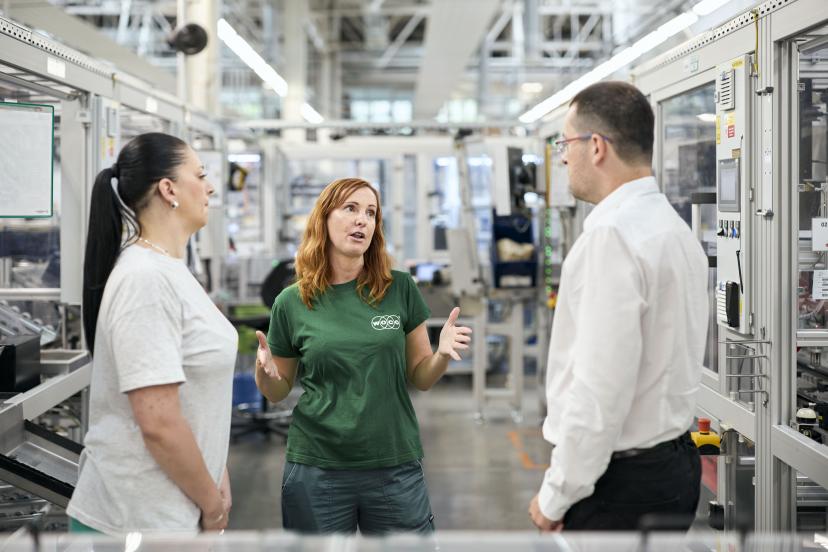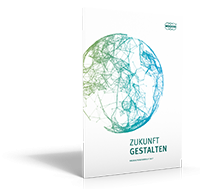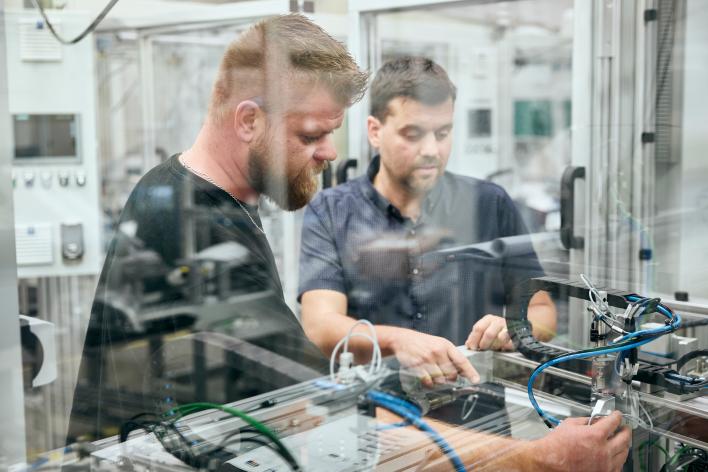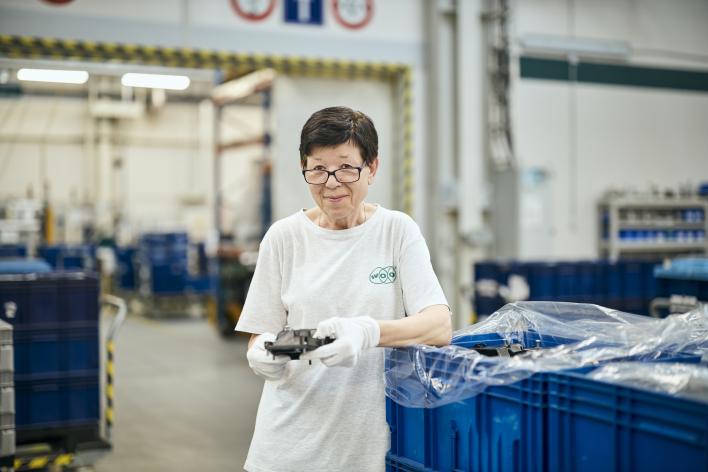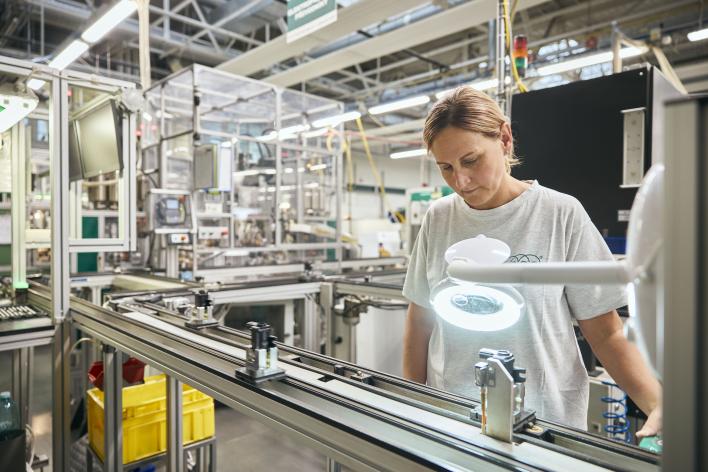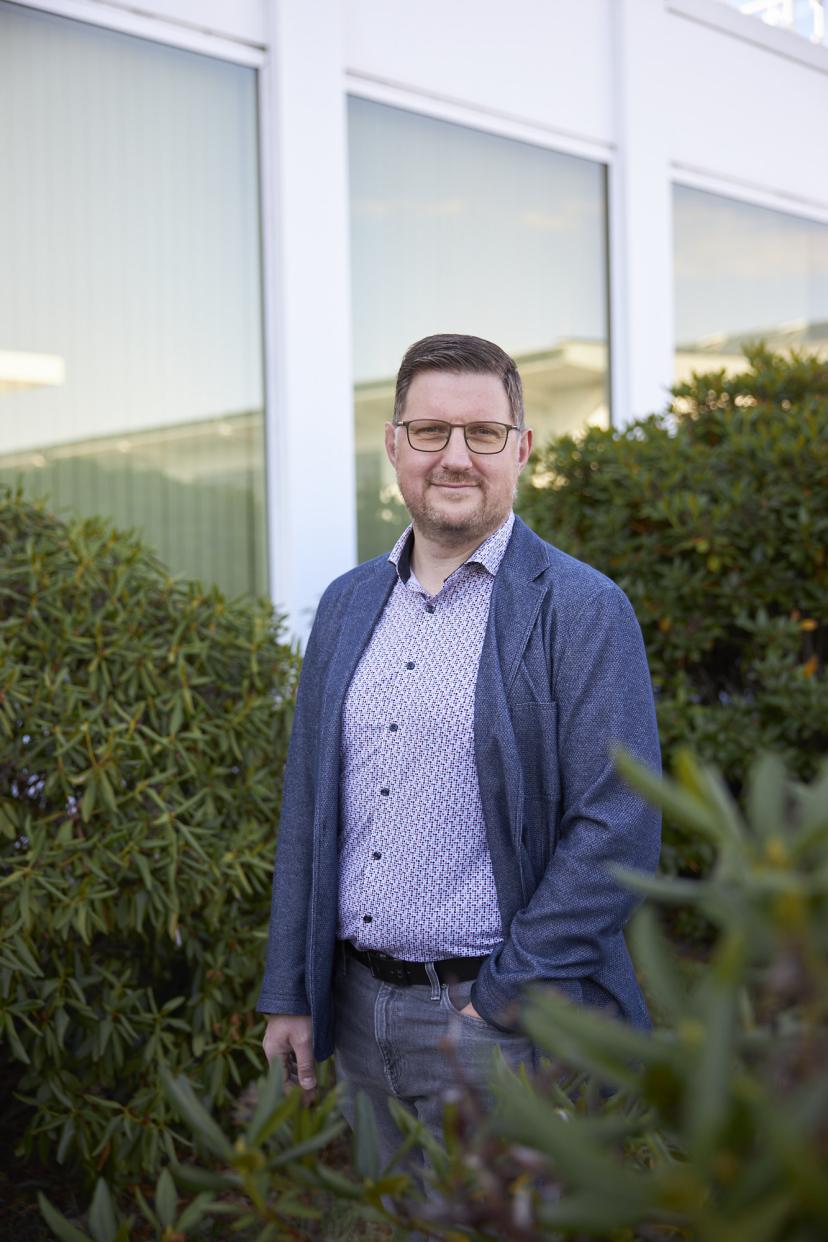Woco Group and ESG
Our world
We all live in this one world.
As a globally active company, Woco is committed to implementing ecological, economic, and social sustainability goals. Specific measures for climate protection, biodiversity, the circular economy, and social aspects are just as integral to corporate management as risk and compliance.

Woco & ESG
As an internationally active company in the automotive and industrial sectors, we take responsibility for the environment, society and future generations. Sustainability is an integral part of our corporate strategy. We develop robust, independent and sustainable solutions that combine the use of resource-saving materials with efficient technology. ESG criteria are firmly anchored in our management processes and shape our actions - both strategically and operationally. With clear climate targets, digital transparency and consistent compliance, we create the basis for responsible growth in our dealings with employees, customers and partners.
Kolja Kress
CFO Woco Group
Our earth
There is only one.
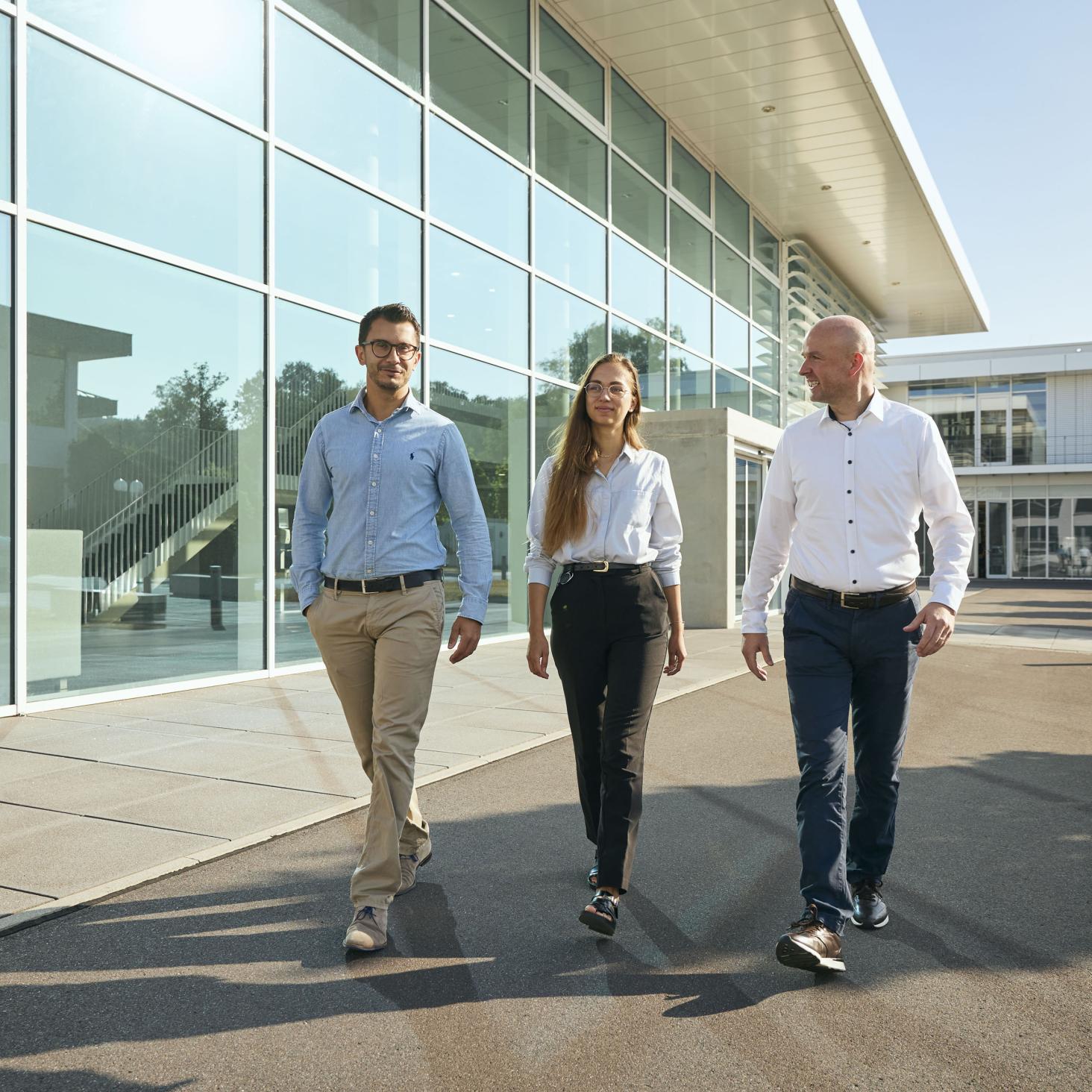
Objectives of the ESG measures
As a reliable partner, we assume social and ecological responsibility and, through our behavior, support the implementation of the global Sustainable Development Goals.
To SDG graphic
Increased requirements.
ESG-Strategy
The materiality analysis plays a central role in developing a sustainability strategy. It aims to determine which sustainability issues are of central importance to Woco and should, therefore, be the subject of sustainability management and reporting. The determination of materiality topics always takes ecological, social, and economic aspects into account.
Woco has already dealt intensively with the increased requirements for 2021 to 2022. The resulting opportunities and risks for the business model were taken into account in our successfully completed strategic realignment and transformation of our product portfolio.
The materiality analysis is part of the Woco Sustainability Report.
ESG measures
Our balanced scorecard (BSC) defines the corresponding ESG targets. It contains a series of key performance indicators (abbreviated to "KPIs") that align with Woco's ESG objectives.
At Woco, the entire team is committed to sustainability. Woco attaches great importance to ensuring that the key areas are integrated and networked. That is why our sustainability ambitions are anchored throughout the company. This is achieved through targets in the individual functional areas.
By integrating ESG metrics into each department's balanced scorecard, Woco ensures that ESG objectives are incorporated into daily work and decision-making. This helps to create a culture of responsibility and continuous improvement regarding ESG issues. At the same time, it helps Woco fulfill all ESG obligations and commitments.
Anchoring in the company

The Environmental in ESG
The environment is the habitat of everything.
How we care for our environment.
With social awareness in the world
Diversity and equal opportunities
for all.
How we are socially engaged.
Governance creates foundations
Continuously plan ahead for all this.
How we firmly anchor ESG in our business model.
